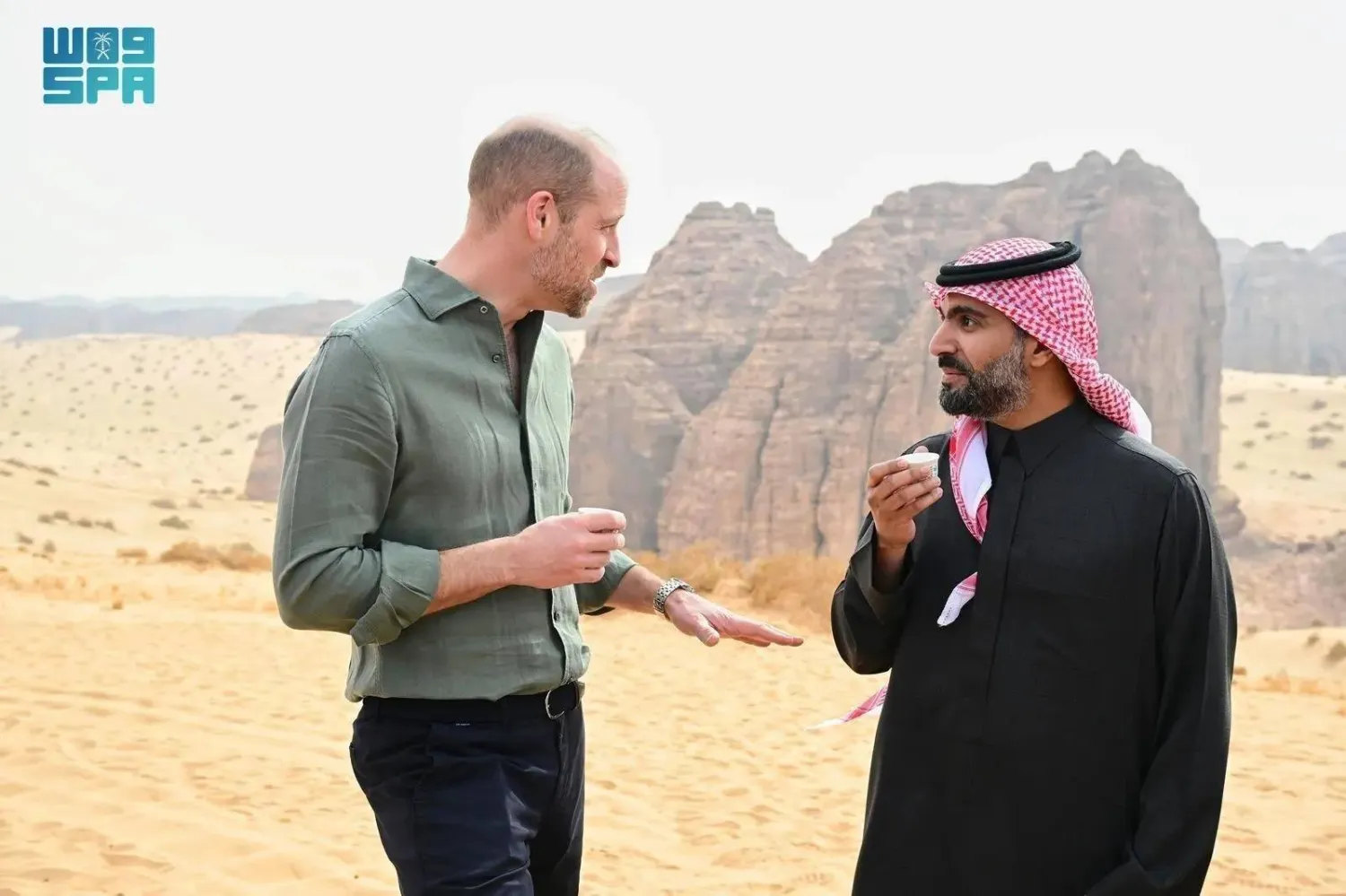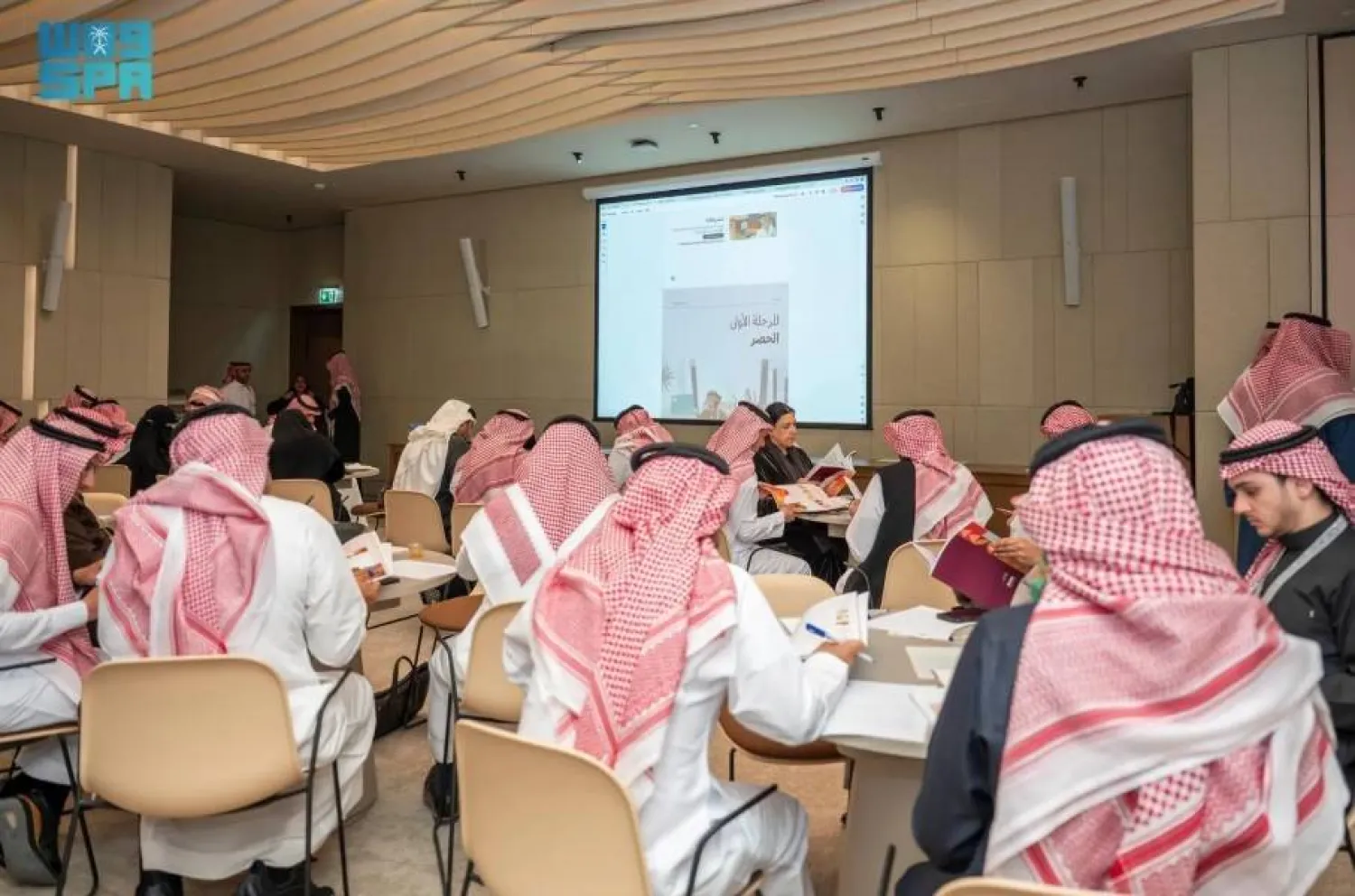After a stopover in the US that lasted the better part of a century, a baroque landscape painting that went missing during World War II was returned to Germany on Thursday.
The FBI handed over the artwork by 18th century Austrian artist Johann Franz Nepomuk Lauterer to a German museum representative in a brief ceremony at the German Consulate in Chicago, where the pastoral piece showing an Italian countryside was on display.
Art Recovery International, a company focused on locating and recovering stolen and looted art, tracked down the elusive painting after a person in Chicago reached out last year claiming to possess a “stolen or looted painting” that their uncle brought back to the US after serving in World War II.
The painting has been missing since 1945 and was first reported stolen from the Bavarian State Painting Collections in Munich, Germany. It was added to the database of the German Lost Art Foundation in 2012, according to a statement from the art recovery company.
“The crux of our work at Art Recovery International is the research and restitution of artworks looted by Nazis and discovered in public or private collections. On occasion, we come across cases, such as this, where allied soldiers may have taken objects home as souvenirs or as trophies of wars," said Christopher Marinello, founder of Art Recovery International.
"Being on the winning side doesn’t make it right,” he added.
The identity of the Chicago resident who had the painting was not shared. The person initially asked Marinello to be paid for the artwork.
“I explained our policy of not paying for stolen artwork and that the request was inappropriate,” Marinello said.
“We also know that someone tried to sell the painting in the Chicago art market in 2011 and disappeared when the museum put forth their claim.”
But with the help of the FBI Art Crime Team, attorneys, and the museum, Marinello negotiated an unconditional surrender of the artwork.
The painting, titled “Landscape of Italian Character,” will now reunite with its counterpart, which shares similar motifs and imagery, according to the museum.
The two paintings together form a panoramic scene featuring shepherds and travelers with their goats, cows, donkeys and sheep at a ford in a river.
The pair will soon be displayed together for the first time since World War II at the Alte Pinakothek in Munich, according to Bernd Ebert, the museum's chief curator of Dutch and German baroque paintings.
Retrieving a long-lost painting “is actually a very rare moment for us,” Ebert said. “It’s exciting.”
The Vienna-born artist, Lauterer, lived from 1700 to 1733.
When war broke out in 1939, many Bavarian museum collections were evacuated to safe locations in the region, but the Lauterer painting has been missing since the beginning of the war, suggesting the possibility that it had been looted, according to the museum.
The Bavarian State Painting Collections first started searching for the painting between 1965 and 1973, but no clues about its location emerged until decades later.
Ebert, who flew from Munich to Chicago to retrieve the painting, will carefully bubble-wrap the centuries-old landscape to take it back home, where it will be touched up and restored after an eventful several decades.
Luckily, Ebert said, it should fit in his suitcase.









